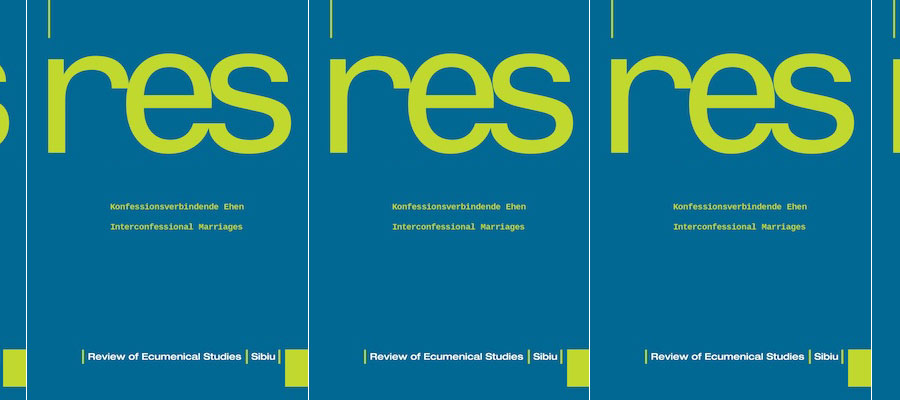Religion, Evil, and the Problem of Evil, RES 1/2024
RES invites submissions for a thematic issue on Religion, Evil, and the Problem of Evil (1/2024)
The reality of moral and natural evil is one of the most challenging theological questions. Particularly for the Abrahamic religions, providing an explanation for the origin of evil has never been an easy task. How to explain in a sound way the presence of suffering in the world since God is omnipotent and omnibenevolent? Or, put in another way, is the existence of evil and the existence of God logically inconsistent? Is the problem of evil in- soluble? These questions present us with theological challenges that cannot be fixed straightforwardly. Several attempts were made to preserve together both monotheism and God’s attributes from types of dualism (e. g. Gnosticism, Paulicianism, Catharism) and the idea of God’s reduced number of attributes, due to the tension between the existence of evil and the divine omnipotence and omnibenevolence. Although for early Christian theologians, reacting to the problem of evil was not meant as a response to atheism, but rather a response on how to accommodate evil with God, starting with the Middle Ages, ‘the argument from evil’ begins to be an issue involved in atheistic debates. Besides the apparent inconsistency of theism with the real- ity of evil, the question of evil is also an anthropological question, related to the way human beings tolerate suffering in the world, representing the evil throughout history, or understanding its own evilness.
This present issue of RES aims to bring together diverse and interdisciplinary approaches to the problem of evil. We invite authors to open the dialogue beyond the main theological discussions concerning the nature of evil and how non-theological disciplines (such as philosophy, art history, psychology of religion, sociology of religion, etc.) approach such an intricate subject. Papers that explore the following themes are welcome: contemporary theistic responses to the problem of evil; the question of suffering and the simultaneous existence of divine attributes; atheological answers to the problem of evil; the ‘argument from evil’ and its relation with nontheism; metaphysics of evil; artistic representations and answers to evil; psychological approaches on suffering and belief; psychological explorations of the evil- ness of human behaviour in religious context; sociological concepts of evil; how does the problem of evil developed historically: e.g. from the traditional question “why God allows evil?”, to the contemporary one “does God really exist if there is evil?”; how does the incidence of evil reassess the theological discourses?; vindication of God in different religious traditions; relativisation of evil; the differences and similarities between the three Abrahamic religions concerning the question of evil; patristic and scholastic responses to the existence of evil versus contemporary discussions.
RES, The Review of Ecumenical Studies, publishes articles, essays and reviews which come from the theological field, but also have an interdisciplinary dimension, especially from the fields of philosophy, history, ethics and social sciences.
